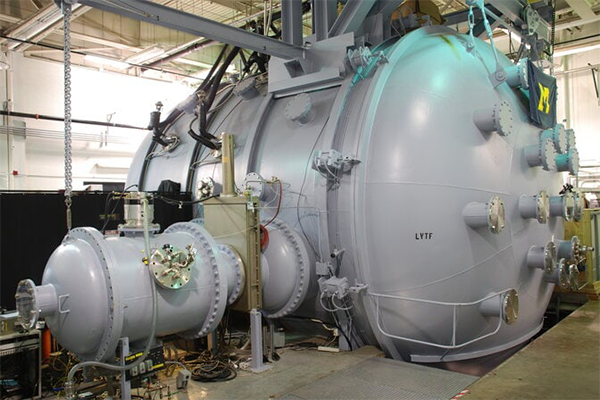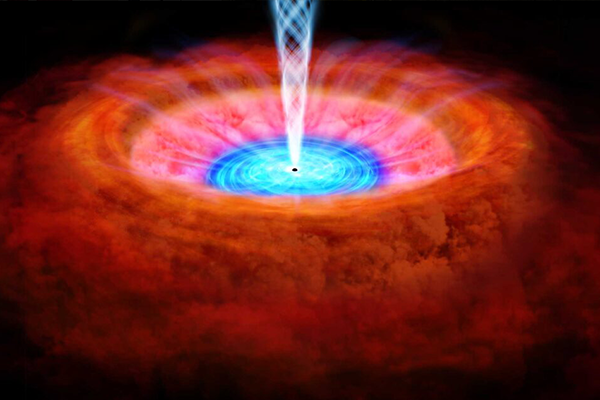U-M Space Institute Supports Space Medicine at ResearchPalooza and Wins Service Award



Elsayed Talaat, director of space weather operations at NOAA and a U-M Climate and Space alumnus, was featured in “NASA, NOAA: Sun Reaches Maximum Phase in 11-Year Solar Cycle” for the NASA Newsroom. Representatives from NASA, the National Oceanic and Atmospheric Administration (NOAA), and the international Solar Cycle Prediction Panel announced that the Sun Continue Reading »

Dr. Benjamin Jorns, an associate professor for Michigan Aerospace Engineering and the director of the Plasmadynamics and Electric Propulsion Laboratory (PEPL), was featured in “U-M selected by the U.S. Space Force for research development institute” for The Michigan Daily. The University will receive $34.9 million in funding to work alongside the Rochester Continue Reading »



The University of Michigan was featured in “Space Force Awards $45 Million to Universities for Propulsion and Power Research” for SpaceNews. The U.S. Space Force awarded nearly $45 million to the Rochester Institute of Technology and the University of Michigan to spearhead advanced research in space power and propulsion. | September 16, 2024
Dr. Cheng Li, an assistant professor at U-M Climate and Space, was featured in “The Seven Most Interesting Discoveries We’ve Made by Exploring Saturn” for Smithsonian Magazine. Li unveiled the cause of Saturn’s giant storms that sometimes last for months. | September 16, 2024